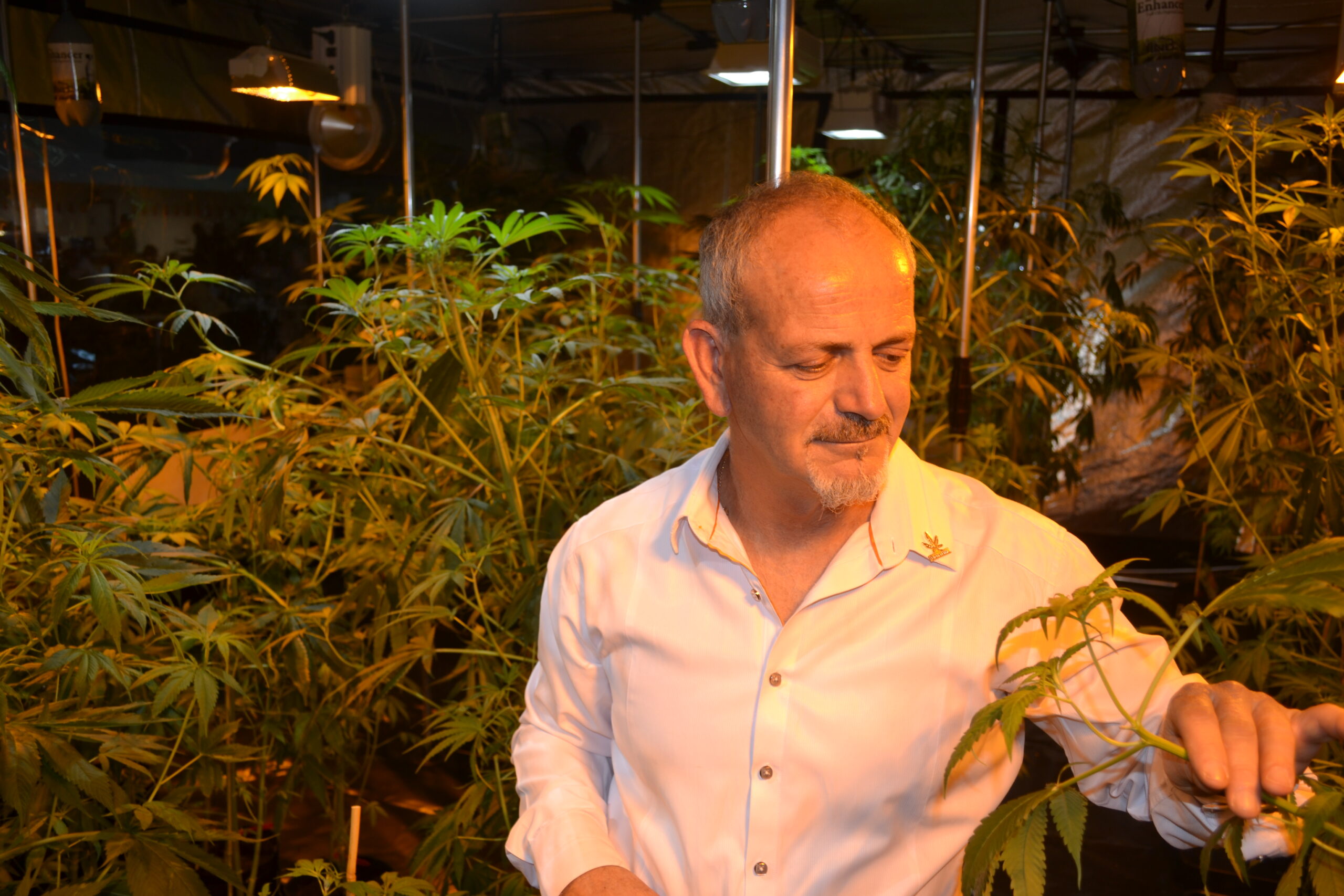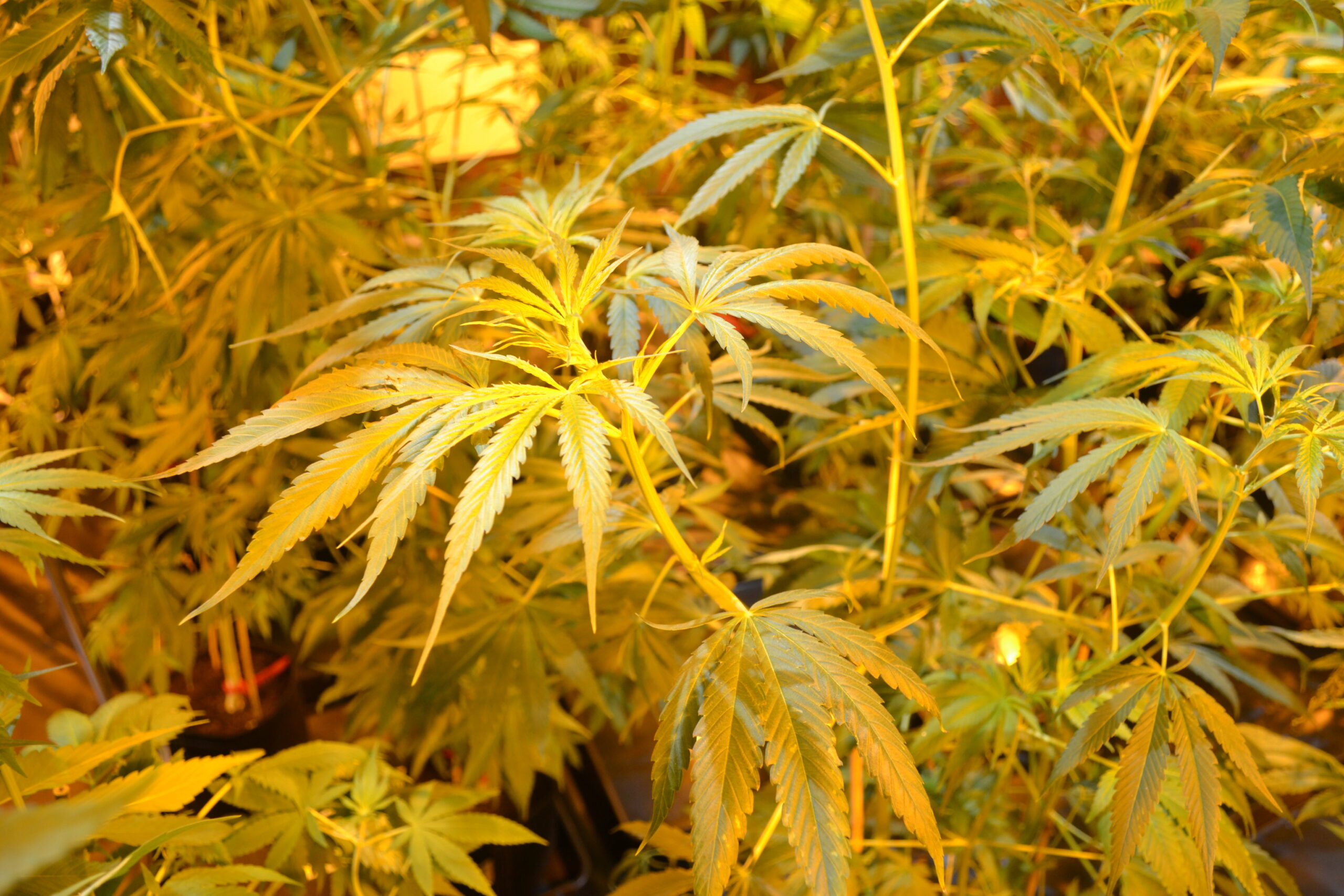Legalising Cannabis Would Assist Australia Out of Its Deep Recession

Australia is going through its greatest economic recession since the Great Depression. The Australian Bureau of Statistics released figures in early September that showed over the 12 months to June the economy had contracted by 6.3 percent.
The downturn was brought on by the restrictions placed on the economy due to the COVID-19 pandemic. And it came on the back of widespread community concerns around changing climate following the unprecedented bushfire crisis of last summer.
The Morrison government’s answer has been to propose a “gas-fired recovery”, which addresses the issue of carbon-emitting coal by replacing it with another problematic fossil fuel that tends to give off the more atmospherically detrimental methane.
However, a number of commentators have pointed to cannabis as a more positive way to help lift the country out of its economic slump, as you only have to look to the US, where states that have fully legalised the plant have been going through what’s been described as a green rush.
And while this rather innocuous drug wouldn’t solve the issue of producing clean energy, neither would it contribute to the climate crisis.
Indeed, the opening up of legal cannabis would create jobs, profit, tax revenue, recreational pleasure, and it would also help alleviate the pain of the recession.

The rising tide
“Australia simply can’t afford to prop up this failed prohibition on cannabis,” said HEMP Party secretary Andrew Kavasilas. “The benefits are immense and now measurable in places like the Netherlands, and some American states”.
This is especially so, “in Canada where they became the first country in the world to openly and willingly defy the UN drug treaties by regulating and taxing adult use of cannabis,” he told Sydney Criminal Lawyers.
While the Netherlands has tolerated the adult use of cannabis and permitted its sale in cafes since 1976, it’s really been the last decade that has seen cannabis law reform spread across the globe.
South Africa has decriminalised private adult use, Georgia legalised personal use and possession, while Uruguay became the first country to legalise recreational use and sales in 2013. And dozens of nations have also legalised medicinal cannabis use, at least in part.
Reaping the benefits
However, it’s the legalised and regulated recreational markets in North America that have really seen the profits roll in.
Canada launched its nationwide cannabis market in October 2018, while 11 US states and the capital have legalised its use, with most of those jurisdictions permitting retail trade.
“There doesn’t seem to be any international consequences for the places mentioned above, just benefits,” continued Kavasilas, who’s long been involved in the Australian industrial hemp and hemp seed food industries, as well as with medicinal cannabis as the technical director for Cann Global.
And according to him, the benefits include lowering alcohol consumption, a drop in domestic violence, mental health issues decreasing, youth use declines, as does problematic pharmaceutical use, law enforcement is freed up and there’s less corruption and a lowering of organised crime.

The green rush
The first two US states to legalise recreational cannabis were Colorado and Washington in November 2012, while the first legal retail sale of the plant for pleasurable use took place on 1 January 2014 in Denver, Colorado. And since then, the Mountain State has never looked back.
By 2016, recreational cannabis had become a billion-dollar industry in Colorado, with $1.3 billion in sales that year, which resulted in $198.5 million in tax revenue. These funds were then funnelled into education, health and agriculture.
And as of June last year, the tax raised in Colorado from cannabis sales had reached $1 billion since the industry got underway, and the total amount raised at cash registers had reached $6.5 billion over that five and a half year period.
Significantly, the state of California – the sixth largest economy in the world – began selling recreational cannabis in January 2018. And it took in $208 million in tax revenue just over the June quarter this year, despite the COVID-19 pandemic being in full swing.
Having the largest legal cannabis market in the world, California saw close to $3 billion in licensed cannabis sales over 2019, while in July this year total sales reached $348 million.
A market in waiting
The Legality of Cannabis Wikipedia page notes there are two territories around the globe where cannabis is legal to consume recreationally, those being the District of Columbia in the United States, and the Australian Capital Territory over here.
Although, many Australians are still unaware that in January this year, the personal possession and use of cannabis were legalised in Canberra. And an adult is also now permitted to grow up to two plants, with a four plant limit applying per household.
The fact that it’s been legal to consume the plant in the capital territory for nine months now and hardly a word has been said about it is considered a positive outcome by advocates, as it reveals there hasn’t been any issues.
Another aspect to Canberra’s legal cannabis consumption is the implicit admission that’s come from at least one Australian parliament regarding the health risk posed by recreational cannabis not warranting a prohibition on its consumption.
But, as Kavasilas points out, “it’s still illegal to buy, sell, share or trade seeds” in the capital. And at this time of deep recession, moving towards some form of legalised supply chain would be a shot in the arm for a small economy like the capital territory.
As part of its drug law reform platform, the Australian Greens propose establishing a nationwide legalised and regulated market, which would be overseen by a government agency, as well as permitting individuals to grow their own at home.
As Greens leader Adam Bandt explained back in June, his party’s proposal would take cannabis out of the hands of large-scale dealers and create a revenue stream that would “go into the public purse to do things like build schools and hospitals”.
“After the next election, if we end up federally with a situation like in Canberra – where you’ve got Greens and Labor working together – it’s a change that we could see right across the country,” the federal Greens MP added.







